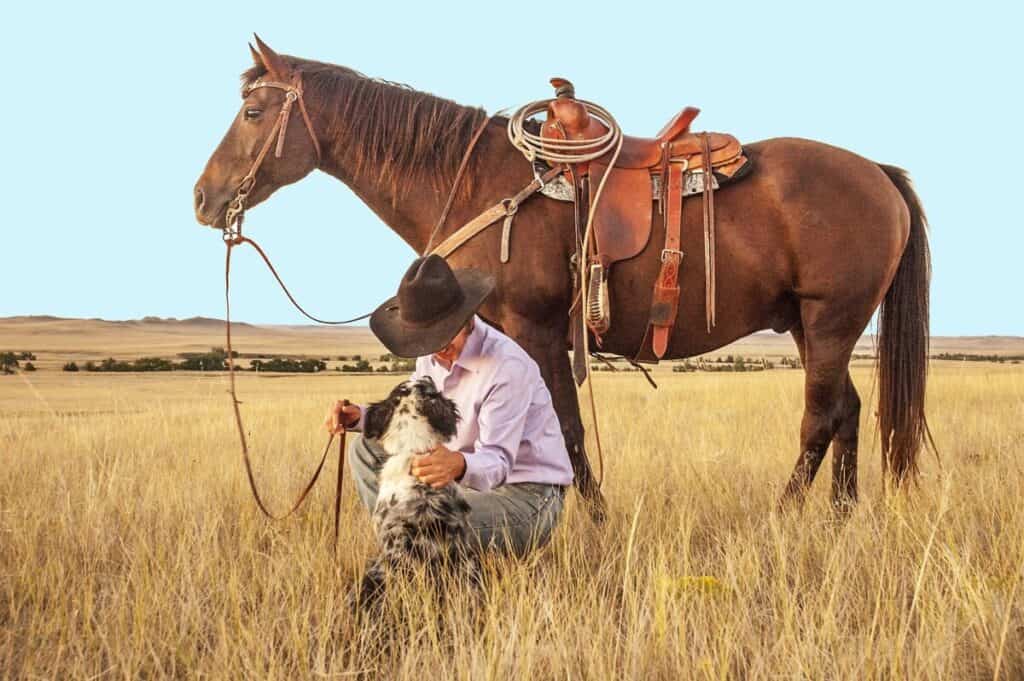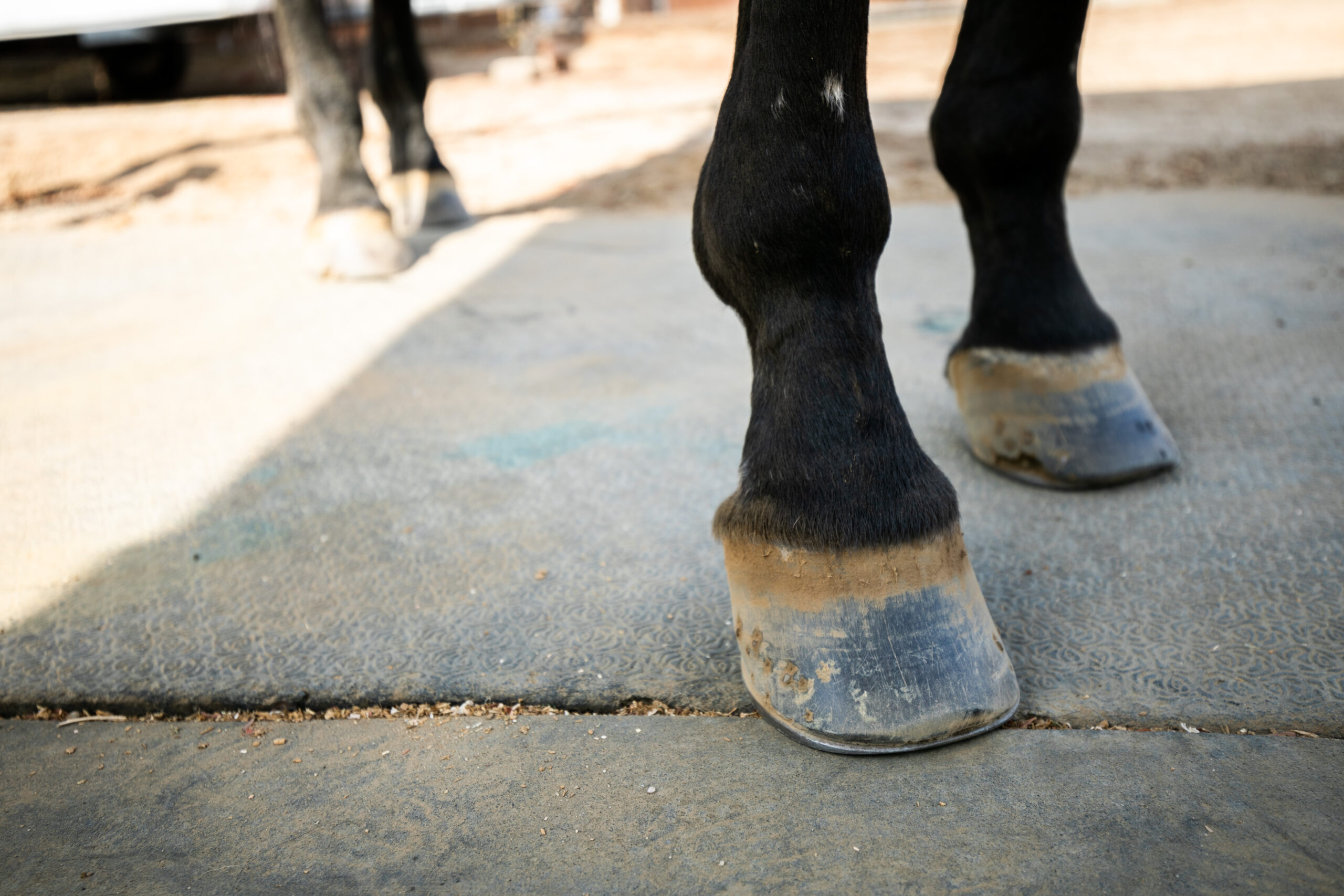
How to Stop a Horse from Rearing on the Ground? Key Tips
Share
As a health-conscious pet owner, understanding your horse's behavior is crucial. One of the most concerning and potentially dangerous actions a horse can take is rearing. Knowing how to stop a horse from rearing on the ground not only helps in maintaining safety but also enhances your horses overall well-being. This article will provide actionable strategies and insights on effectively managing this behavior.
Rearing typically occurs when a horse is frightened, frustrated, or excited. If not addressed appropriately, it can pose a risk to the horse and rider. Therefore, it is essential to assess the situation promptly and utilize effective techniques to ensure both your safety and that of your horse.

Understanding the Reasons Behind Rearing
Before learning how to stop a horse from rearing on the ground, it is vital to comprehend why your horse may exhibit this behavior. Factors like fear, apprehension, or even exuberance can trigger rearing.
It might stem from past trauma, discomfort due to tack adjustment, or even a lack of confidence in training sessions. Identifying the root cause is essential for implementing the right solution.
Establishing a Strong Groundwork
One effective way to discourage rearing is through solid groundwork. Engaging in groundwork exercises helps build trust and communication between you and your horse. Horse training articles emphasize the importance of groundwork.
- Teach your horse to respect personal space.
- Utilize vocal cues and body language to communicate effectively.
- Practice leading exercises to improve control.
Using Positive Reinforcement
Positive reinforcement can be a powerful tool in managing rearing behavior. Reward your horse for calm interactions and desired behaviors. This could be through verbal praise or treats. Remember, the more you reinforce positive behavior, the more your horse will be inclined to repeat it.
Adjusting Tack and Equipment
Sometimes, discomfort due to improperly fitted tack can trigger rearing. Make sure that your saddle, bridle, and any other riding equipment fits well and does not cause pain or restriction. Regular visits from a professional saddle fitter can assist in this area.
For further understanding of accessories involved in horse riding, check this tack guide.
Gradual Desensitization Techniques
Desensitizing your horse to various stimuli can also help reduce the chances of rearing. Gradually expose your horse to situations that might cause it to rear, ensuring you remain calm and steady during the experience.
In case of excess anxiety, introduce calming techniques such as breathing exercises and expose your horse to new sights, sounds, or environments progressively. This gradual exposure can increase your horse's confidence.
Seeking Professional Help
If rearing continues to be a serious issue, consider seeking guidance from an equine behaviorist or trainer. Professional training can offer specialized techniques tailored to your horses needs.
Maintaining Consistency in Training
Consistency is key when implementing strategies to stop rearing. Ensure that all handlers maintain the same cues and training methods. Inconsistent training can confuse your horse, potentially exacerbating the rearing behavior.
Monitoring Physical Health
Physical issues can sometimes lead to behavioral problems like rearing. Scheduling regular vet check-ups can help identify any underlying conditions that could contribute to this behavior. For information on horse health, you might find this article on hoof abscesses valuable.

Equipping Yourself with Knowledge
As a responsible horse owner, staying informed about techniques and ways to manage your horse's behavior is vital. Books, equine workshops, and online resources are excellent places to expand your knowledge about horse behavior and training practices.
Additionally, connecting with fellow horse enthusiasts can provide insights and support.
FAQs
What should I do if my horse rears while riding?
Stay calm and try to bring the horse back to a controlled position. Use your legs and voice to encourage it to ground itself.
Can rearing become a regular habit?
Yes, if not addressed early on, rearing can escalate into a habitual behavior. It's crucial to work on preventative measures consistently.
When should I consult a professional trainer?
If you're unable to manage your horse's rearing effectively on your own, or if you feel your safety is at risk, consulting a professional is advisable.
As an Amazon Associate, I earn from qualifying purchases.
